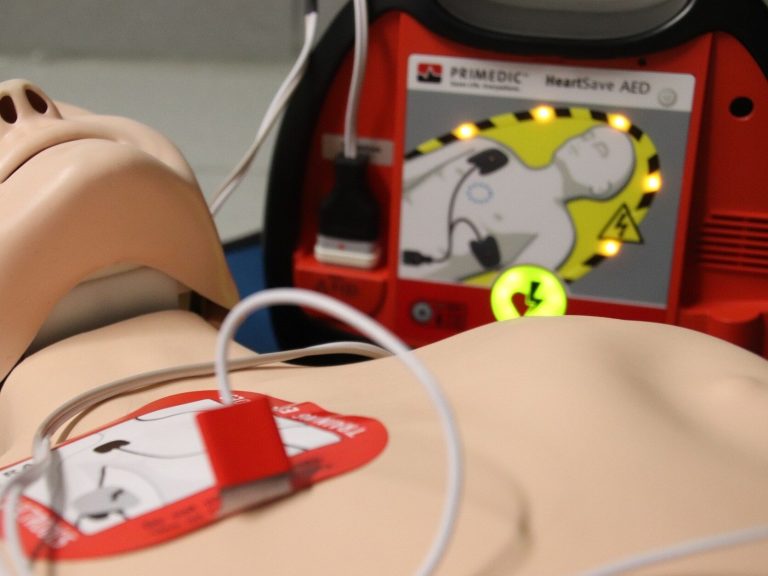They implanted pig kidneys in a brain-dead patient. The organs started working

An experiment conducted by scientists from Birmingham could revolutionize transplantology. “The kidneys were functioning perfectly,” said one of the researchers.
Doctors have long wondered how to use animal organs to save human lives. The experiment, published in August in the scientific journal Jama Surgery, may provide an answer to this question. A team of experts has made a breakthrough in the field of transplantology.
Pig kidneys can keep a human alive
Surgeons transplanted genetically modified pig kidneys to a brain-dead man. A 52-year-old patient with high blood pressure and chronic kidney disease had both organs removed and dialysis stopped. Then xenotransplantation (the operation of transplanting an organ or tissue from an individual belonging to another species) was performed. After the procedure, doctors continuously monitored kidney function. It turned out that they produced 37 liters of urine in the first 24 hours and continued to work for over a week. This means that they are able to do their job well also in the human body.
It turned out that pig kidneys can remove enough creatinine to keep an adult human alive, and this can be achieved using a standard immunosuppression regimen. It is truly an extraordinary feeling to see the first such event in history with your own eyes. The kidneys functioned perfectly. We have been able to gather additional safety information and scientific data that is critical to our efforts to obtain FDA approval for a clinical trial involving living humans,” said transplant surgeon Jayme Locke, one of the authors of the study.
The expert hopes that the discovery will be the next step in the progress in the field of transplantation and a way to overcome the crisis related to the shortage of organs for transplantation. Every year, tens of thousands of people die while waiting for a transplant.
Xenotransplantation as an answer to the problems of world transplantology?
According to the National Institute of Diabetes and Digestive and Kidney Diseases, kidney disease kills more people each year than breast or prostate cancer. Although transplantation is the gold standard for treating end-stage organ failure, only 25,000 transplants are performed annually in the United States, and more than 90,000 people are on the waiting list for a transplant. More than 800,000 Americans live with kidney failure, and 240 dialysis patients die every day. Most of them never make it onto the transplant waiting list.
It is worth emphasizing that the problem of the lack of organs for transplantation is not unique to the United States. Poland is also struggling with it. In 2022, over 850 kidney transplants were carried out, and the needs of patients are much greater. Xenotransplantation can be a chance for a longer and better life for many patients around the world.






